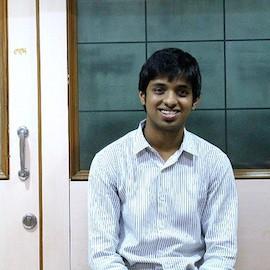
The Mission Director - National Health Mission Uttar Pradesh, Mr. Amit Kumar Ghosh, issued a directive to expand the roles of 1,500 male health officers in all 75 districts to include counseling for non-scalpel vasectomy. Block Community Program Managers and Health Education and Information Officers will conduct community meetings to dispel the myths and misconceptions related to non-scalpel vasectomy (NSV), prepare monthly plans for Information Education and Communication/Behavior Change Communication, and create a conducive environment for NSV.
Advocacy from Advance Family Planning local partner Population Foundation of India and the state’s Technical Support Group – Family Planning led to the directive sent out on September 3, 2015.
Population Foundation India (PFI) recognized uptake potential for NSV, although the District Level Household & Facility Survey 3 shows that NSV’s contribution to the contraceptive prevalence rate in Uttar Pradesh state is currently 0.3%. Urban Health Initiative, EngenderHealth, and other development partners’ programs in Uttar Pradesh found that involving male health cadres as motivators was helpful in increasing NSV uptake.
PFI conducted an AFP SMART facilitation with a key objective to include male health workers as motivators for NSV in five pilot districts. When presented with the workplan produced at the facilitation, Mr. Ghosh recognized the important role Block Community Program Managers and Health Education and Information Officers can play and identified the gap in male health workers for family planning. He identified the opportunity to improve male participation in family planning, as well as improve contraceptive prevalence. Mr. Ghosh scaled up the proposed five-district initiative to all 75 districts of Uttar Pradesh. The scale-up adds more than 1,500 male health workers to family planning statewide, strengthening the workforce and NSV peer-to-peer counseling. Mr. Ghosh also suggested including a specific budget line in the program implementation plan for the cadres’ NSV training. A specific budget line is a move towards ensuring quality and sustainability through increased funding for family planning and annual refresher trainings.
PFI is working closely with the State Innovations in Family Planning Services Agency (SIFPSA) to develop a training calendar and a training module for the health workers. Training will begin in October 2015 and focuses on developing counseling skills and demystifying myths around male sterilization and other family planning methods.
While this quick win addresses demand generation for NSV, PFI is collaborating with SIFPSA to advocate for improvements on the supply side – such as training more providers to meet the demand.

